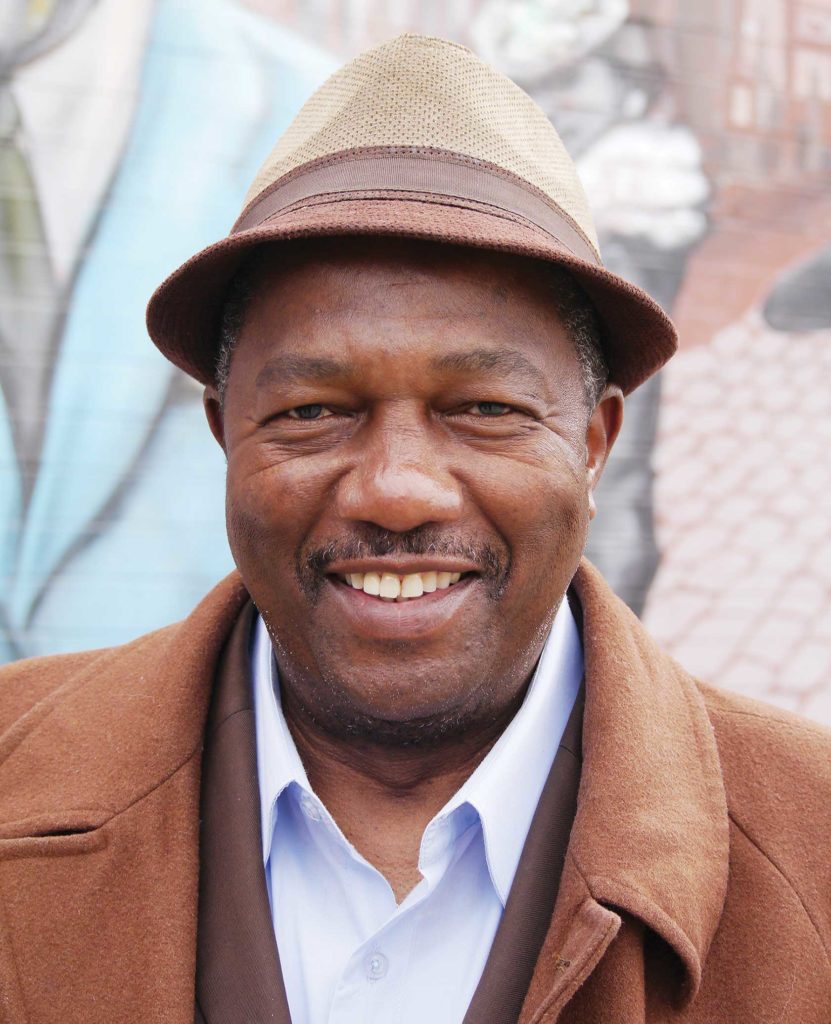Culpepper blasts decriminalization bill
Says move would lead to heroin deaths

State Rep. Liz Miranda filed legislation in February of last year that would decriminalize possession of drugs, making it a civil infraction rather than a criminal one.
The Rev. Miniard Culpepper, who is running against Miranda for the 2nd Suffolk Senate seat, calls the bill, which was co-sponsored by Cambridge Rep. Mike Connolly and reported favorably out of committee this year, the equivalent of legalizing heroin.
“You call it decriminalization,” Culpepper said. “I call it legalization. I’m opposed to it 100% because I think it’s the wrong thing to do.”
Culpepper, who graduated from English High School during the 1970s and recalls a classmate who died of an overdose, said his opposition to decriminalization is informed by the memory of losing friends to heroin in the 1970s.
“When I think about what heroin has done — the friends I lost to heroin overdoses — I think to repeal [criminalization] would be devastating to our community,” he said.
Miranda told the Banner she filed the legislation after researching countries that have decriminalized drug use, including Portugal, where she met with the prime minister to discuss the issue in May.
“We can’t keep criminalizing people for using drugs,” she said. “It hasn’t worked. We have hundreds of people who get arrested. People are coming out of incarceration, and they have no place to go, because going to jail impacts housing and it impacts employment.”
In addition to Massachusetts, legislatures in Maine, Rhode Island and Vermont are considering bills that would decriminalize drug use. Such laws are favored by policymakers seeking to transfer resources away from locking up people who are addicted to drugs, making more funding available for treatment programs. Countries such as the Netherlands that have adopted less punitive drug policies have not experienced greater rates of drug use or drug-related crimes, according to studies.
A 2008 World Health Organization study, however, found that the United States has the highest lifetime drug use rates in the world by a wide margin, despite its punitive polices.
In Massachusetts, some local police departments and prosecutors have moved away from prosecuting drug possession. During her 2018 campaign for the Suffolk County District Attorney’s office, Rachael Rollins included drug possession in a list of offenses that her office would decline to prosecute.
Researchers from three universities examined misdemeanor cases in Suffolk County from 2017 to 2020, including those for drug possession, and found significant reductions in reports of theft, property damage and other low-level crimes, as well as no increase in disorderly conduct or drug-related crimes.
One of the researchers, Rutgers University professor Amanda Agan, said the research she and other academics conducted showed no reduction in public safety since Rollins took office in 2019.
“We see no evidence that her inauguration and this expansion of presumptive non-prosecution decreases public safety,” Agan said during a 2021 interview on WBUR’s Radio Boston. “If anything, it increases it.”
Culpepper says Miranda’s authorship of the bill and its support from Rep. Nika Elugardo — one of the 13 lawmakers who signed on to it — shows that others don’t understand the needs of the community.
“I just think this is the wrong thing to do,” he said.
Miranda, who lives in Roxbury near the “Mass and Cass” area, said she has consistently advocated for her community. She pointed to legislation she filed that would require the state to decentralize drug treatment services from cities like Boston that bear an inordinate amount of the burden for treating people who are addicted.
Elugardo said she supports evidenced-based solutions to the addiction problem.
“It’s critical that we learn from the data and look at the best practices to see what works,” she said.







